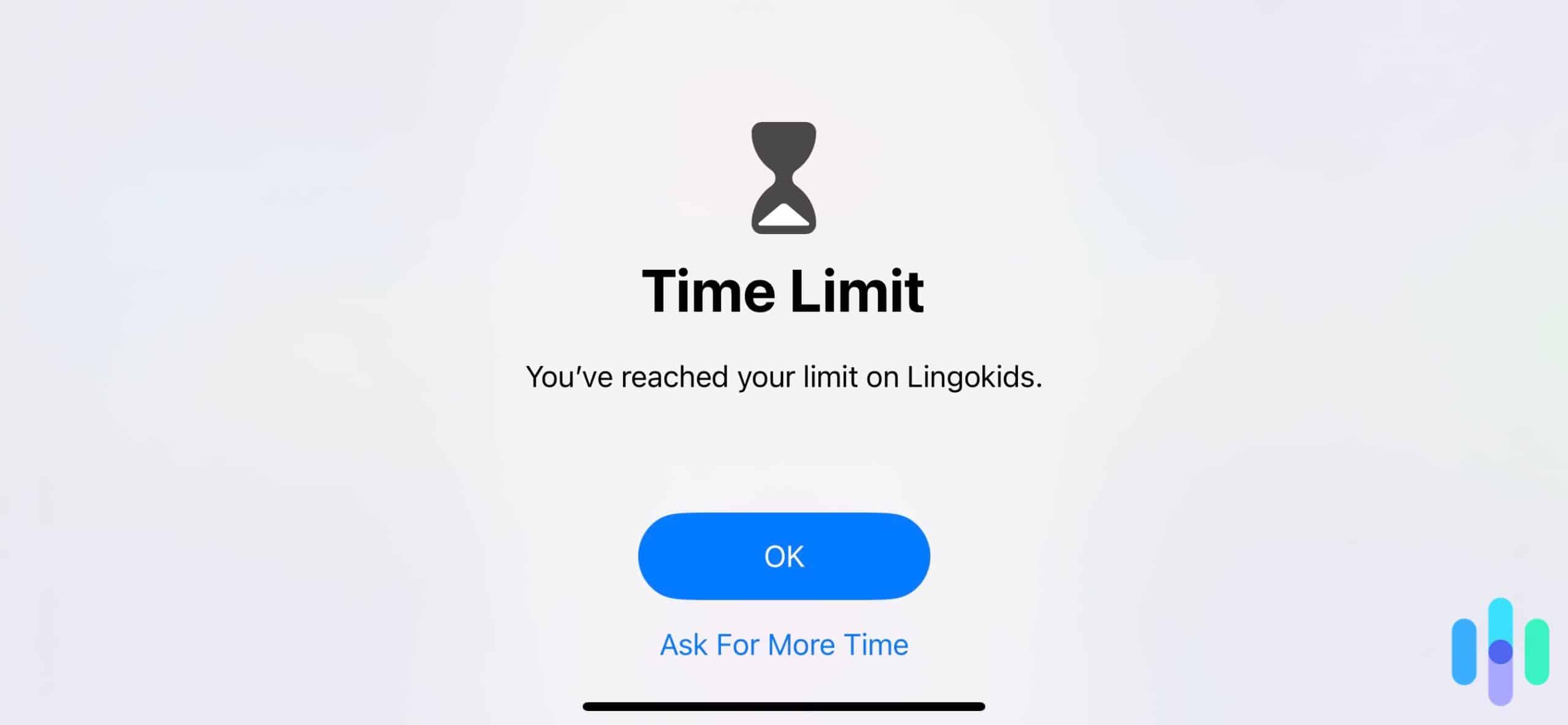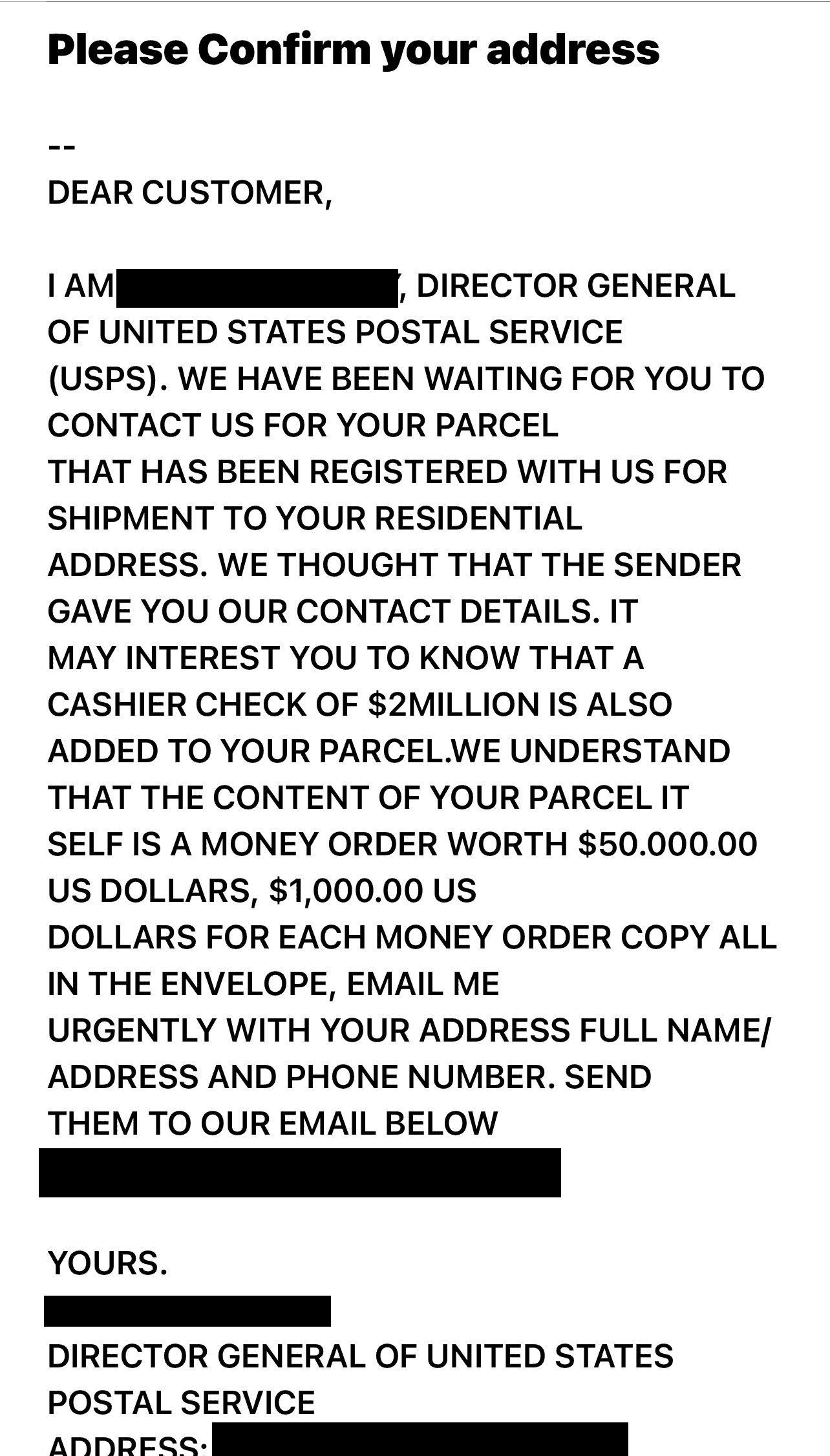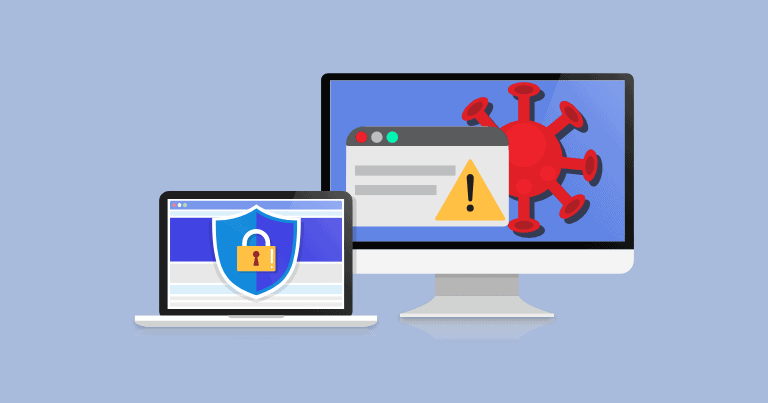With the U.S. government taking notice of TikTok’s potential risks, whether or not it’s safe is on everyone’s mind. But, just because there’s concern doesn’t necessarily mean it’s unsafe for users. If misinformation is the biggest threat, we’d probably still use it.
Is that the only risk of using TikTok though? Our cybersecurity experts dug into the most recent controversies and security issues to find out if TikTok is safe for you and your kids to use. Here’s what we found.
>> Related: The Best VPNs for TikTok
Is TikTok Safe?
As far as social media platforms go, TikTok is safe — but there are some caveats! The app doesn’t contain malware and it doesn’t steal its users’ personal information, but there are other risks. Our home is safe, but we still use a home security system. In the same manner, TikTok is safe, but you should still exercise caution when using it. That’s why we recommend using feature-rich antivirus software that can protect you from a wide range of digital threats and scams. Here are three of our favorites:



TikTok Scams: What Are They?
We’re not badmouthing TikTok. The scam tactics fraudsters use don’t come from the company itself, but rather from its users. Unfortunately, that’s expected of any social media platform. Even the Federal Trade Commission acknowledges that social media is a gold mine for scammers.1 Knowing what to avoid will go a long way toward keeping you from falling victim to these scams.
Here are a few examples of what to look out for:
- Romance scams: A complex form of social engineering, fraudsters who use romance scams will trick you into engaging in an online relationship with them using a fake account. Once they’ve gained your trust, they’ll borrow money (without any intention of paying it back) or ask for your personally identifiable information under the pretext of getting to know you better. TikTok actually warned its users ahead of Valentine’s Day this year about this type of scam2.
- Scam apps: Once in a while, you’ll come across accounts that promote apps accompanied by an intriguing or enticing video. In most cases, their posts come with a download link, but don’t be fooled — those links will lead you to phishing or malware sites. The sneakier scam apps will actually download to your phone, but those apps contain malware. That’s why we recommend using a device with good antivirus software when browsing the platform, even though TikTok itself doesn’t contain malware.
- More likes and followers: If you’re an aspiring social media influencer, you may be enticed to engage with posts claiming to give you more likes and followers in exchange for money or you doing something in return. There’s no shortcut to fame, so those posts are likely from scammers who are after your money or personal information.
- Phishing: Phishing scams have existed almost as long as emails have. With the emergence of social media sites like TikTok, they’ve evolved as well. If you see posts or comments asking you to click a link — especially if there’s no context — you better not click the link. They are likely going to redirect you to a phishing website that is out to get sensitive information from you, such as your login credentials.
- Cryptocurrency investment scams: This is much harder to distinguish because there are actual accounts that offer legitimate cryptocurrency investments to people looking to grow their crypto portfolio. Just know that not all cryptocurrency investments are legitimate and you should do a thorough background check before engaging with such accounts.
These TikTok scams are just examples. As content creators on TikTok become more creative, so do scammers and fraudsters. To stay updated, check our page on the latest internet scams.
Pro Tip: If you’ve been a victim of fraud or scams, then one of the first things you should do is report the crime. Read our post on how to report fraud to learn what to do. Better yet, read about the best identity theft protection services that offer identity recovery services for victims.
TikTok and Your Privacy
When we’re talking about digital safety, privacy is a huge part of the conversation. That’s more true when we’re discussing social media sites, since they’re more invasive of their users’ privacy than other types of websites. Before you create a TikTok account, make sure you understand and agree with its privacy policy.
What Data Does TikTok Collect?
TikTok may actually know you better than your best friend does. That’s what we found out when we read TikTok’s privacy policy3. The first thing you should know is that TikTok collects information from its users, such as:
- Personal information: TikTok will keep any personal information you disclose when you create an account, such as your username, password, birthday, email address, phone number, or anything you disclose in your profile bio. It will also save your profile photo or video, so TikTok will know what you look like if you put your face on there.
- User content: TikTok also knows and remembers the content you create and view, including your language preferences, the audio and video you upload or create, and even your comments and live streams.
- Behavioral information: TikTok follows your activity across the app. It takes note of the videos you view and save in My Favorites, and it uses those to recommend accounts to follow and videos to include on your For You page. It also profiles you based on your interests, gender, ad views, and other factors.
- Information from third parties: TikTok may receive information about you from third-party platforms you cross-use with TikTok. If you sign up using Facebook, for example, TikTok will receive and store your public profile information.
- Technical information: On the technical end, TikTok logs information about its users’ devices and network, including IP addresses, device IDs, mobile carriers, operating systems, and a whole lot more. Basically, TikTok will know what device and network you’re browsing from.
- Location: By default, TikTok knows your approximate location using your IP address and SIM card, but if you grant permission it can also track your precise location using your device’s GPS.
- In-app purchases: You can buy virtual items from TikTok, but such purchases are done through the App Store or Google Play, so TikTok won’t see your payment information. It does log, however, records of purchases you make, the time of purchase, and the amount you spend.
- Proof of identity: To use certain features or to have your account verified, TikTok may ask you to send proof of identity or date of birth, such as a photo of your ID.
>> Related reading: Is OnlyFans Safe?
Does TikTok Share Data With Others?
With that much information about its users, it’s natural to wonder how TikTok uses what it knows and whether it shares any data with third parties. TikTok generally uses user data to improve its services, but the company does admit to sharing data with third parties.
- Business partners: Other social-media platforms, such as Facebook, Twitter, and Google, can see some of your data from TikTok, including your app ID and access tokens.
- Service providers: TikTok uses third-party service providers to maintain its services. Cloud service providers and content-moderation services are prime examples. These third-party services may also gain access to some of your information.
- Payment providers: As the middlemen when you transact with TikTok, payment providers will see some of your purchase records in order to facilitate transactions.
- Analytics providers: The data analytics services TikTok uses can see relevant data about TikTok and its users.
- Law enforcement: Whenever necessary according to law, TikTok may share user data with law enforcement agencies.
- Advertisers: Like most social media platforms, TikTok works with advertisers for analytics, ad targeting, and activity tracking.
TikTok’s data-sharing practices may seem worrisome, but that’s almost always the case with social media platforms. Facebook, Twitter, Instagram, Google, and every other social media site share similar data-gathering and data-sharing practices. That doesn’t make it OK, so below we offer some tips on how to minimize your data’s exposure. But first, let’s talk about another important aspect of TikTok’s privacy policy.
TikTok’s Data Storage and Security
Another concern, besides data sharing, is the security of your data collected by TikTok. According to TikTok’s privacy policy, the platform does everything within its capabilities to protect its users’ stored personal data, including using encryption. It also claims to have technical and organizational measures in place to prevent data breaches, and that it will continue to amend these measures to improve TikTok’s data security.
TikTok wasn’t super specific about its data security practices, which we didn’t find comforting at all. We looked for past breaches involving TikTok, though, and we didn’t find any. There was one in August 2020 that exposed the user profiles of over 200 million TikTok, Instagram, and YouTube users, but it wasn’t the result of a TikTok security breach. Instead, it was from a data-scraping company that left the records exposed. Data scraping breaks TikTok’s terms of service.
TikTok From a Privacy Perspective: Is It Safe?
After combing through TikTok’s privacy policy, we can say that it’s about as secure and private as any other social media platform. It’s not any safer, but it’s also not any more dangerous. If you use other forms of social media, particularly Facebook or Instagram, you can expect the same level of privacy from TikTok — but is that the same level of privacy you want for your kids?
FYI: TikTok is based in Singapore, but there hasn’t been any proof that it has ties to the Chinese government.
Should You Let Your Kids Use TikTok?
As a parent, you want to protect your kids from the dangers of social media. That includes cyberbullying and child identity theft.
TikTok does its share in preventing these types of dangers on its platform, but since it’s a global network, it’s incapable of completely stopping malevolent users from committing cyberbullying and child identity theft. As stopgaps, TikTok offers certain features and privacy settings that can help your kids be less likely to become targets.
- Private account: By default, accounts belonging to users under the age of 16 are set to private, which means the user can approve or deny follower requests. Only followers of a private account can see its content.
- Direct messaging: Users can send direct messages, or DMs, through TikTok, but only users over the age of 16 can use the feature.
- Duet and stitching: Other TikTok users can use your content and give it their own spin by putting their video side-by-side with yours (dueting) or splicing their own video into yours (stitching). You can set who can duet or stitch with your content (everyone, friends, or only you), but these features are both set to “only you” for users under age 16.
- Comments: You can also set who can comment on your videos. By default, only friends (people you follow who follow you back) can comment on videos uploaded by users under 16 years old. This can’t be set to “everyone,” but you can turn off the comments altogether. You can also turn on comment filters to automatically hide offensive comments or create a custom list of keywords that will be hidden when detected.
- Block/remove followers: You can block or remove anyone from your list of followers to prevent them from interacting with you.
From a privacy perspective, TikTok also limits the amount of data it collects from younger users. TikTok’s definition of “younger users” is anyone below age 13. For such users, TikTok will collect only some types of personal information (username, password, and birthday) and technical information (IP addresses, device identifiers, network IDs).
So, should you let your kids use TikTok? We don’t recommend it, but we also don’t advise against it. Ultimately, if you let your kids use TikTok, it’s your responsibility as a parent or guardian to monitor how they use the app and to teach them how to safeguard themselves and their personal information.
Pro Tip: For more safety tips, we’ve created a guide for how parents can keep their kids safe online.
How to Stay Safe On TikTok
Here are some tips for how to stay safer on TikTok. Some of these steps also apply to other social media sites, and websites in general.
- Avoid oversharing: Your social network doesn’t have to know every detail of your life. Never share sensitive personal information, such as your birthday, personal email address, or home address.
- Set account restrictions: Use TikTok’s privacy settings to limit who can view, comment, and share your content.
- Set your account to private: If you do, then only people who follow you can see what you post on TikTok. You can also deny follow requests from people you don’t know.
- Enable two-step verification: It will prevent others from logging in to your TikTok account, even if they have your login credentials. Two-step verification means you’ll need to approve login requests using your registered phone number or email.
- Don’t reuse passwords: Keep your passwords unique, and don’t use the same passwords for different accounts. That way, your password security on your other online accounts will remain intact if your account becomes compromised.
- Practice good digital security hygiene: Use a virtual private network to hide your IP address and prevent tracking by advertisers. You can read our guide to the best VPNs on the market to learn your options.
Recap
While TikTok’s a legitimate app that’s generally safe, there are still precautions that should be taken when using it. Like any social media app, users should be aware of malware, data thieves, and scams.
Users should also be aware that TikTok collects a lot of data from its users, including personal information, behavioral data, user content, technical information, and location data. Of course, this isn’t unique to TikTok and extends to most social media platforms. TikTok also shares that data with third parties like service providers, payment processors, law enforcement, business partners, and more.
Although TikTok employs security measures, it’s not as transparent about what security practices it follows. To stay safe on the app, avoid oversharing information, set your account to private, enable two-step verification, set account restrictions, use a strong password, and practice good digital security hygiene. For parents, take advantage of features for those under 16 like restricting direct messaging and commenting.
FAQs
Have more questions about TikTok’s privacy policy and how it deals with its users’ safety? We’ve got answers.
-
Can I remove my information from TikTok?
In certain cases, yes, you can remove your information from TikTok. That would mean terminating your account though. Once you’re off the platform, TikTok will store your data only in an anonymized and aggregated format, but you can go to tiktok.com/legal/report/privacy to have your data removed completely.
-
Does TikTok use cookies?
Yes, TikTok uses cookies. It uses both session cookies, which expire once you close your browser, and persistent cookies, which may remain on your device even after you’ve closed your browser or app.
-
Are children below the age of 13 allowed on TikTok?
Yes, children below age 13 are allowed on TikTok. They are afforded certain privacy rights, however, such as limited data gathering.
-
Can TikTok access your camera?
Yes, TikTok can access your camera, but only if you give the app permission. Keep in mind, though, that denying TikTok’s access to your camera will prevent you from shooting content through the app, but you can still upload already-recorded videos to the platform.






